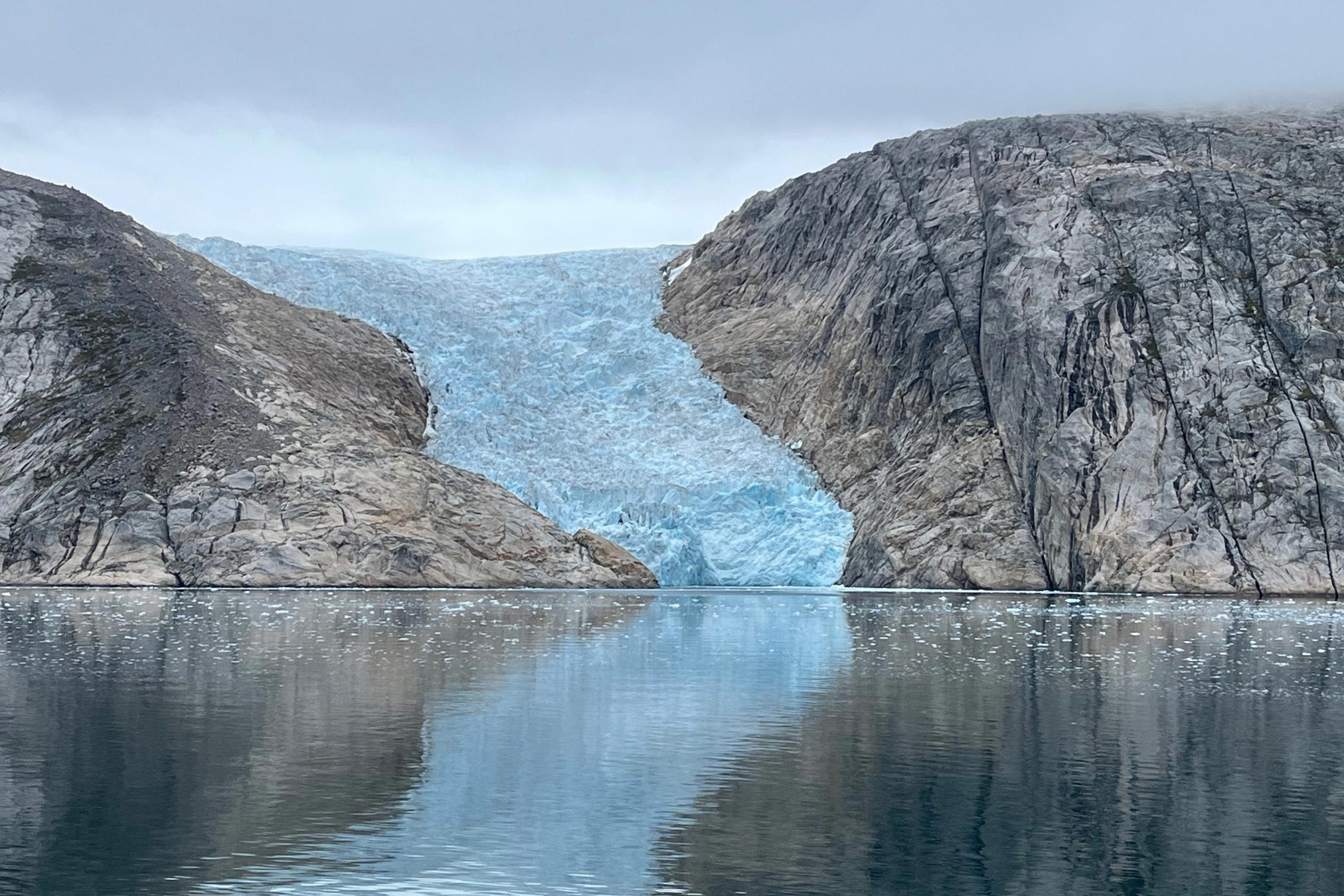"Informed AI News" is an publications aggregation platform, ensuring you only gain the most valuable information, to eliminate information asymmetry and break through the limits of information cocoons. Find out more >>
MIT Researchers Uncover How Microscopic Ice Flaws Affect Global Sea Levels
- summary
- score

MIT researchers have developed a model to predict ice flow based on microscopic flaws in ice. This model reveals how these tiny defects influence glacier movement and, consequently, sea level rise.
Traditionally, ice sheets were seen as monolithic. However, this new model shows they respond variably to warming. It focuses on two microscopic mechanisms: "dislocation creep" and "grain boundary sliding." These mechanisms determine how ice deforms under stress.
The model uses data like environmental temperature and ice crystal size to estimate which mechanism dominates in different areas. This helps predict where ice is more likely to flow and melt into the sea.
Comparing the model's predictions with actual ice flow data from Antarctica shows good agreement. This suggests the model can accurately forecast future ice movement and sea level rise.
This research is crucial as it provides a more nuanced understanding of how ice sheets respond to climate change. It helps refine predictions of catastrophic sea level rise, aiding in preparedness and mitigation efforts.
| Scores | Value | Explanation |
|---|---|---|
| Objectivity | 7 | Comprehensive, balanced reporting with in-depth analysis. |
| Social Impact | 5 | Significantly influences public opinion on climate change. |
| Credibility | 6 | Verified by multiple sources, highly credible. |
| Potential | 6 | High potential to impact climate change predictions. |
| Practicality | 5 | Practical, widely applicable in climate research. |
| Entertainment Value | 2 | Low entertainment value, primarily informative. |